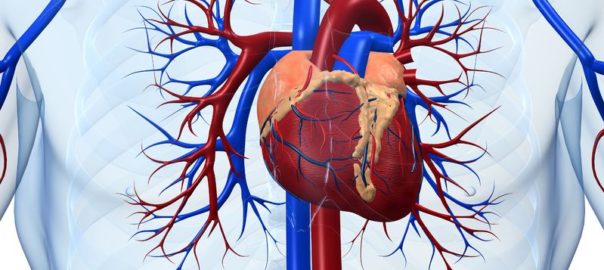How Stem Cells Are Being Used in the Treatment of Heart Disease

Heart disease, also called congestive heart failure, is really just a fancy term for the heart decreasing in strength and function, usually due to heart attack. Heart disease affects many people each year and accounts for about a third of deaths in the country annually. Many treatments are being derived to decrease the risk of additional heart attacks, strokes, or death after developing heart disease.
Using Patients’ Own Cells
One clinical trial for heart failure and heart disease is to harvest heart stem cells from the patient, grow them in a laboratory, and inject them back into the body in an attempt to heal the muscle of the heart to improve its function. Early studies show that after a heart attack these stem cells can reduce scar tissue, promote blood vessel growth, and improve heart function.
Using Donor Cells
Another clinical trial for heart failure after a heart attack has been using donor cells to repair the damage done to the heart. There are heart-specific stem cells that have been isolated. Initially these trials used the patient’s own stem cells, but now the procedure has been perfected to use cells from donor hearts, which makes the treatment more viable for more patients. Some of these trials are placing the stem cells in a scaffold that is placed in the heart to regenerate the tissue.
Using Embryonic Stem Cells
Other clinical trials are using embryonic stem cells to grow heart-specific stem cells in a laboratory for the purpose of strengthening the heart muscle and reducing scar tissue. These clinical trials are still in the approval stages, but should begin soon.
Overall, these clinical trials and treatments are being pursued in an attempt to improve heart function and strength after a heart attack or development of heart disease. If you or someone you love is suffering from heart disease, contact one of our doctors today.


